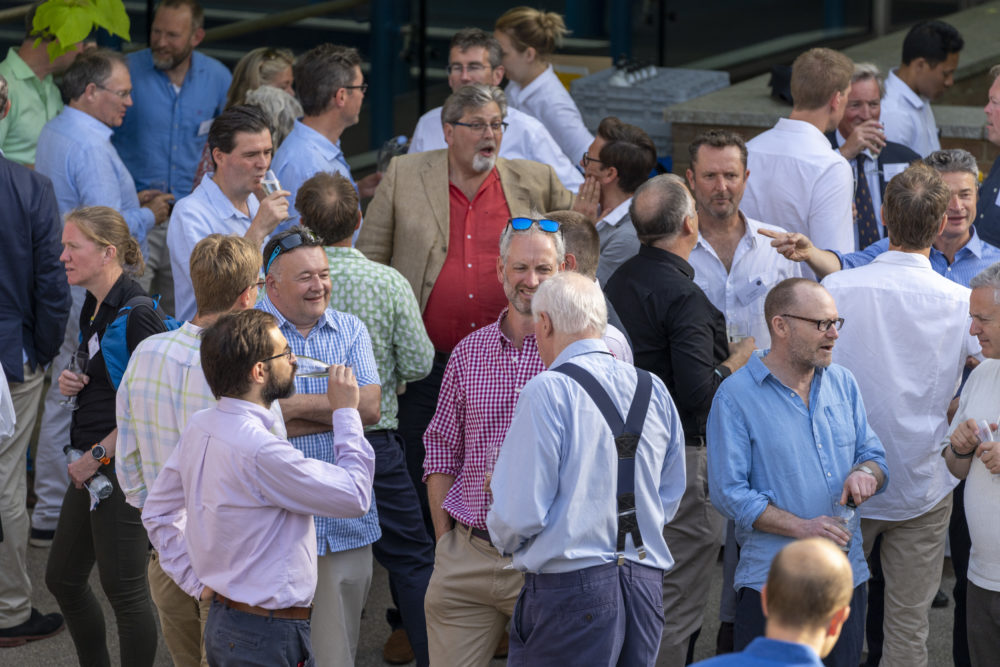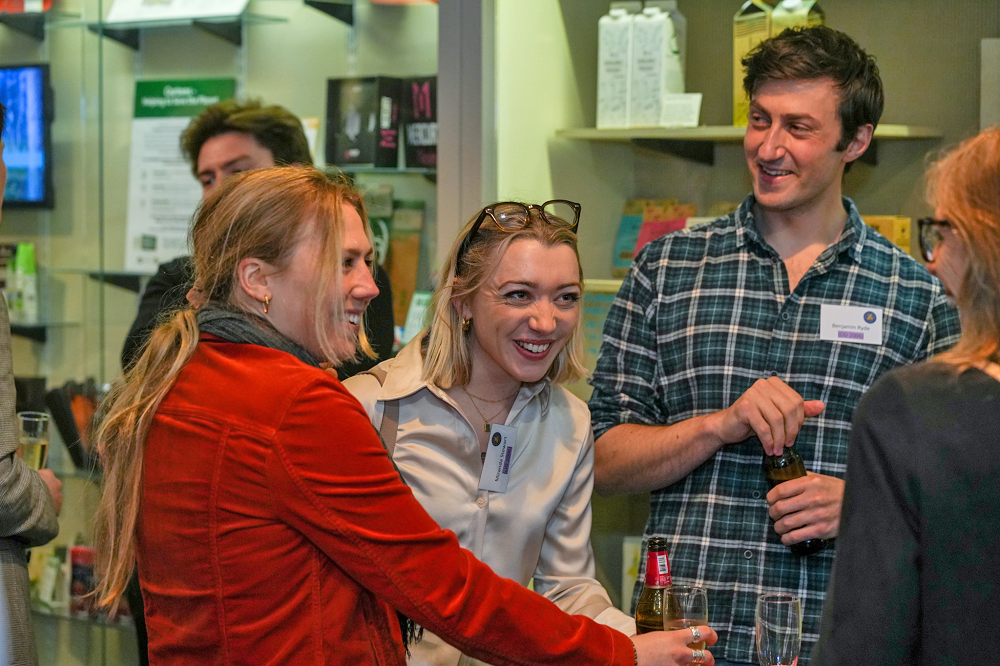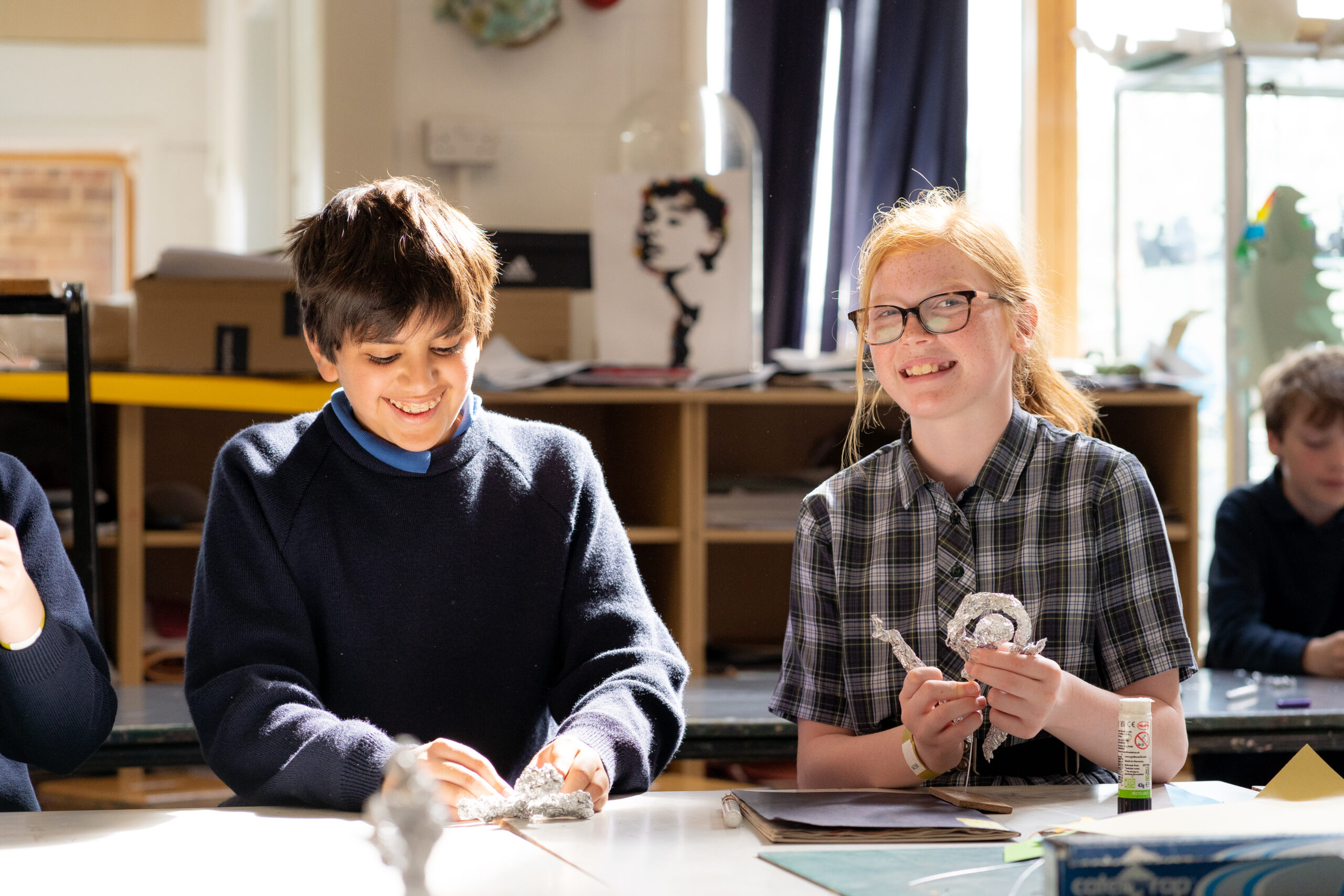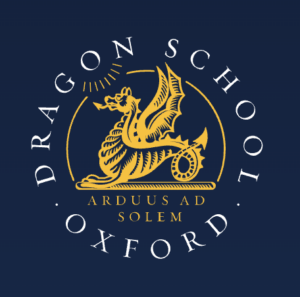On 11th April 2020, the local residents of Achrafiyeh, Beirut curiously watched on as two young men proceeded to clean and weed a large, abandoned plot of land, which had long been used as an informal rubbish dump. This was the beginning of GRObeirut, and the first stage in a process that resulted in the opening of Beirut’s first community-built public park, five months later. Five years previously, by virtue of their Dragon connection, Theo Hodson (OD 2006), a permanent resident of Beirut, and Charlie Merson (OD 2008) who was spending a year living in the city first met in Amman, Jordan.
GRObeirut started as the coronavirus pandemic began, at what was a very challenging time for Lebanon. The country was grappling with an economic collapse and widespread political instability following the revolution of October 2019. Within this context, work began at the site of what was once ‘The Laziza Brewery’, from which the park derives its name: Laziza Park.
Local passers-by who asked questions were often left bemused by the answers they received: This is not an NGO, there are no salaried employees, plainly and simply, it is a group of people who are building a park with their bare hands. Gradually, as news of the project spread through word of mouth and over social media, more volunteers joined the effort, inspired by the sight of Theo and Charlie working to create a public park in their adopted city. GRObeirut quietly developed in this small corner of the city, as a community of friends and strangers volunteered their time to clean, weed, dig, plant and paint.
The local community that resided around Laziza embraced this initiative wholeheartedly, with their support ranging from cups of coffee to carpentry and watering. The many and varied sects and ethnicities of Lebanese society were represented. They came together around a project to create a public park in a time when the country was undergoing hardships not seen since the end of the Civil War. Sunni, Shi’a, Alawi, Maronites, Catholics, Protestants, Druze, Armenians, Syrians, Egyptians all worked side by side as week by week the site took on new features: Trees planted, murals painted, fruits and vegetables ripening, soil spread and grass laid. In a part of the world where religious and ethnic differences are viewed as battle lines, people demonstrated the opposite by putting their energies into the ground. Even the natural elements of the park underlined this harmony, with soil brought from the South and trees from the Druze heartlands of Mount Lebanon.
Laziza park has since grown to take on many roles and carries a variety of meanings to different people. It represents a stand against the cycle of land for profit that has seen large parts of historic Beirut torn down to make way for high rise luxury apartments. Laziza stands in opposition to this, with a message emblazoned in huge letters on the park’s southern wall that reads ‘Old Beirut Matters’, painted by graffiti artists in 2010.
During this year’s coronavirus pandemic, the park has provided a place where people can congregate and socialise, and with schools closed it is a safe space for children to play and learn. In light of the economic crisis and skyrocketing prices, locals can pick fresh fruit and vegetables from the park situated on their doorstep. Local artists unable to afford studio space, can paint murals on the surrounding walls. Compost bins point to a greener and sustainable means of waste disposal, especially since RAMCO – the private company responsible for rubbish collection – refused to continue its work unless paid by the government in dollars with the Lebanese Lira in freefall.
All of these significations have taken on far greater importance since the port explosion on the 4th August 2020. The small community around Laziza is located only a mile from the epicentre and therefore was among the hardest hit areas. GRObeirut raised funds from the UK in order to assist those in need, and pressed on with their work in the knowledge that such community-driven projects would be vital to the recovery effort, not only physically but societally. GRO is now expanding and is working alongside partners to develop their second site, and also a Memorial Park dedicated to the victims of the port explosion.
The issues that GRObeirut are seeking to address are not specific to Beirut, but are found in many cities where urban planning and green spaces are de-prioritised, and where it falls on private citizens to take the initiative and drive change. They hope that this story of two Old Dragons in Lebanon inspires others in the global Dragon diaspora to take up tools and start sister initiatives, creating a network of Dragons joined together in green causes.
Moving forward, the plan for GRO is to create a cultural movement of ‘twinned gardens’. This would build on the intersection between emergent art and GRO’s mission to create more public green spaces in the cities of the developing world. Theo and Charlie are encouraging Old Dragons, and their friends, to reach out if they are interested in hosting a fundraiser in their garden to twin it with the garden abroad, for which the funds are being raised.
Charlie Merson (OD 2008) and Theo Hodson (OD 2006)
Follow GRO on Instagram or email [email protected]



